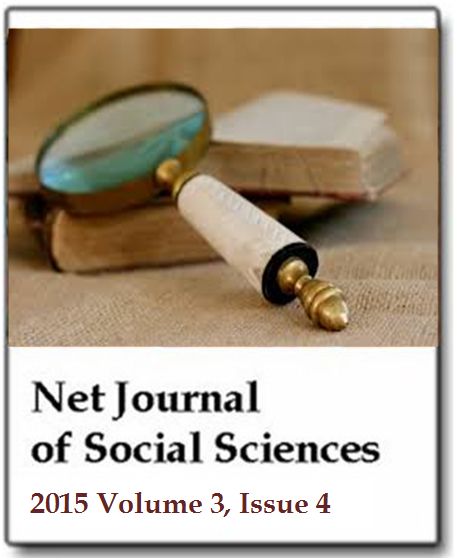Facilitation payment under the Foreign Corrupt Practices Act (FCPA) of the United States and its effect on corruption in Nigeria
Fatima Waziri–AziNet Journal of Social Sciences
Published: December 15 2015
Volume 3, Issue 4
Pages 100-116
Abstract
Corruption in international business has become rampant but is frequently ignored. Now, the U.S. Foreign Corrupt Practices Act of 1977 (“FCPA”) generally prohibits U.S. companies and citizens, foreign companies listed on a U.S. stock exchange, or any person acting while in the United States, from corruptly paying or offering to pay, directly or indirectly, money or anything of value to a foreign official to obtain or retain business (the “Anti bribery Provisions”). However, the FCPA exempts “facilitation payments”, which are usually small payments that are designed to get a foreign official to perform a non-discretionary function. Facilitation payments are generally prohibited in the domestic laws of countries where they are paid. Although, some countries allow the payment of small bribes to foreign officials to access services. There is however a thin line between bribery and the so-called facilitation payment and this has become a conundrum in the international anti-corruption arena. This paper shall discuss the impact of the FCPA in Nigeria and how facilitation payments breeds corruption and argues that even though the United States allows for facilitation payments thereby protecting US companies, this practice has however proved burdensome on developing countries like Nigeria who is already grappling with corruption because companies tend to go outside the intended meaning of this exception and this practice should not be encouraged.
Keywords: Nigeria, corruption, bribe, FCPA, facilitation payment.
Full Text PDF
